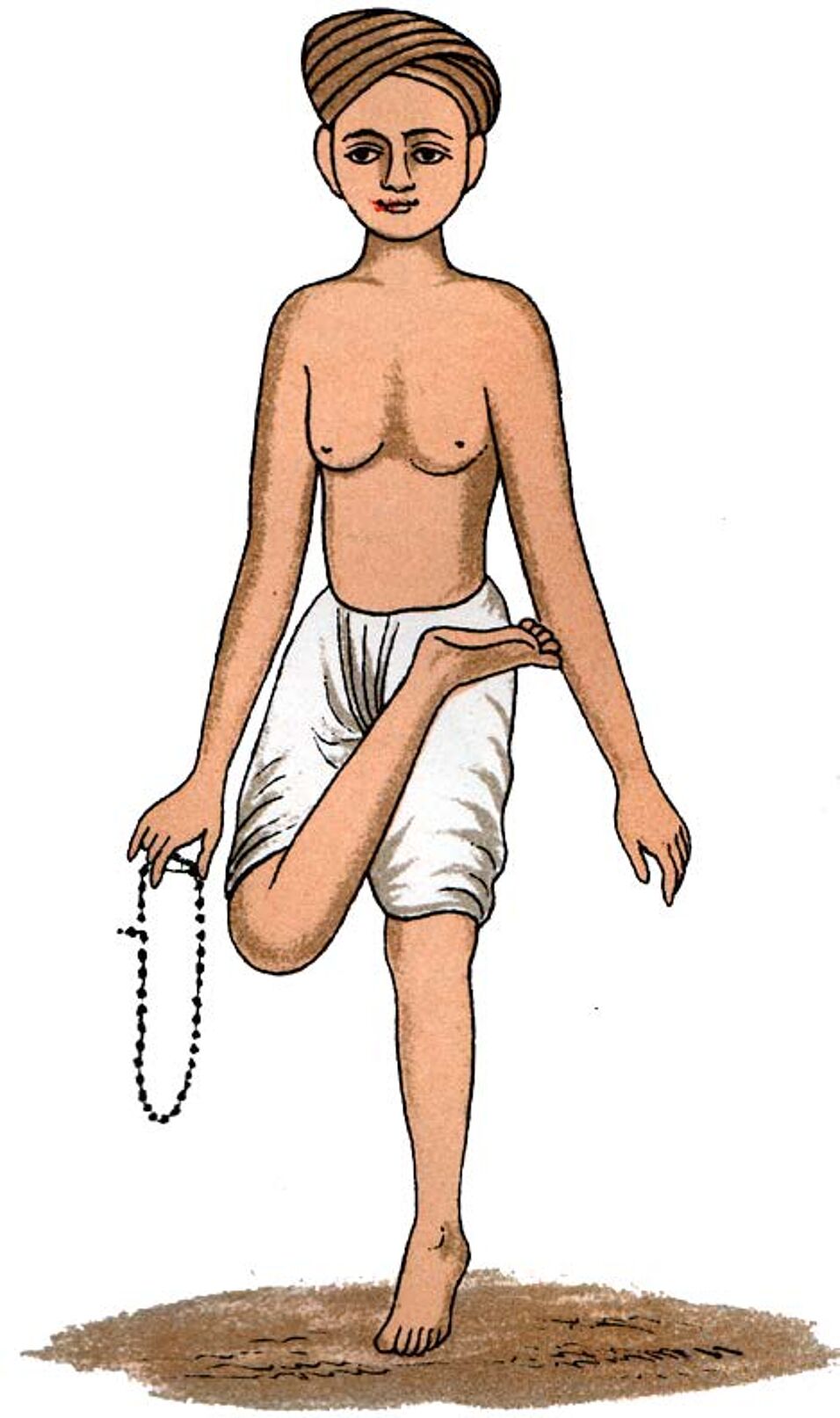About the Conference
The conference will explore yoga from a broad perspective: it will examine different strands of Indian yoga in the premodern period and forms of modern yoga, the changes that occurred within the premodern yoga practices and theories, as well as more recent developments and the current transformation of transnational modern yoga. For this purpose, outstanding specialists from the fields of South Asian studies, the study of religions, social science and cultural anthropology have been invited to contribute their research papers. The conference will give them an opportunity to intensify their mutual communication. For those who are interested in yoga in general, it will provide convenient access to information on recent high-level research.
Historical and Contemporary Perspectives on a Global Phenomenon
Yoga type practices and associated teachings emerged for the first time in South Asia around the middle of the first millennium BCE. Ever since the phenomenon yoga has shown a protean flexibility and creativity. It constantly produced new forms of practice and theories depending on the changing social, religious and philosophical contexts with different regional variations. Thus, the history of yoga is a complex and multifaceted one, and still remains far from having been exhaustively investigated.
Furthermore, yoga today has become a phenomenon of global mass culture, which influences the everyday lives of millions of people. Against this background the investigation of yoga in both the past and the present is a task of high topical value that affects several academic disciplines.
The past two decades in particular have brought new insights, methodological approaches and questions concerning the history of premodern yoga traditions, the interpretation of yoga-related literature, and the impact on other Asian cultures. Furthermore, the investigation of modern transnational yoga has established itself as a multidisciplinary field of study in its own right. The motives and experiences of contemporary practitioners and their global networks are being investigated with methods of the social sciences and cultural studies. The startling results of studies on the history of modern yoga have not only caused scholarly discussions but also public debates on the relation of traditional and modern yoga, which sometimes have been politically charged, especially in India.
The conference will explore yoga from a broad perspective: it will examine different strands of Southasian yoga in the premodern period and forms of modern yoga, the changes that occurred within the premodern yoga practices and theories, as well as more recent developments and the current transformation of transnational modern yoga.
For this purpose, outstanding specialists in South Asian studies, the study of religions, sociology, cultural studies, theology and history of religions have been invited to contribute their research papers. The conference will give them an opportunity to intensify their mutual communication. For those who are interested in yoga in general, it will provide convenient access to information on recent high-level research.
Vienna has been a fertile ground for yoga studies, as is evidenced by the seminal work of the indologists Erich Frauwallner (1898-1974) and Gerhard Oberhammer at the University of Vienna, and by more recent initiatives such as the international conference on “Yogic Perception, Meditation and Altered States of Consciousness” which was held at the Austrian Academy of Sciences in 2006. The organizers of the present conference are happy to continue this tradition.

